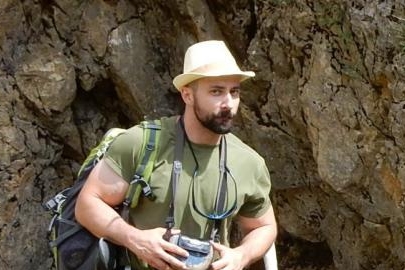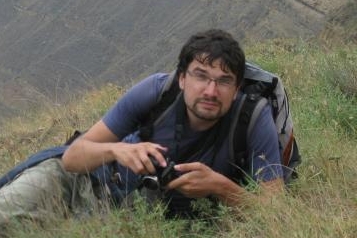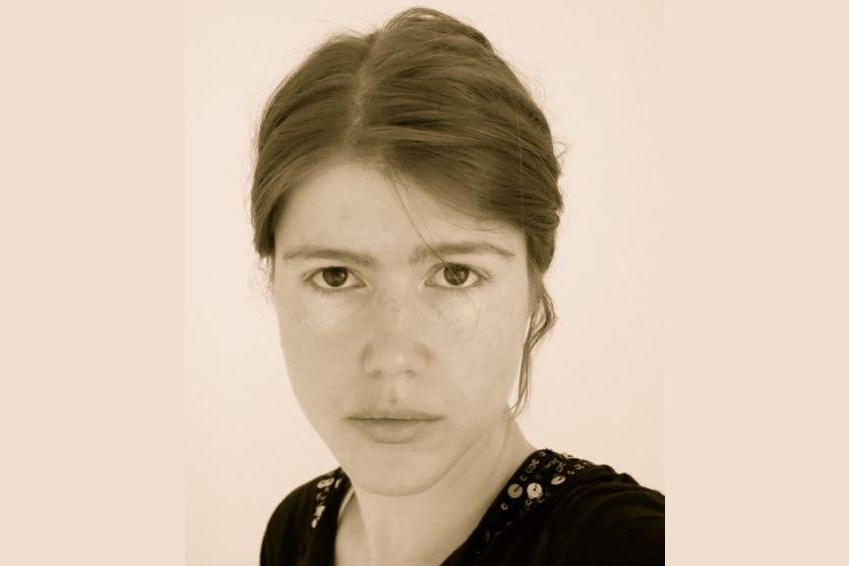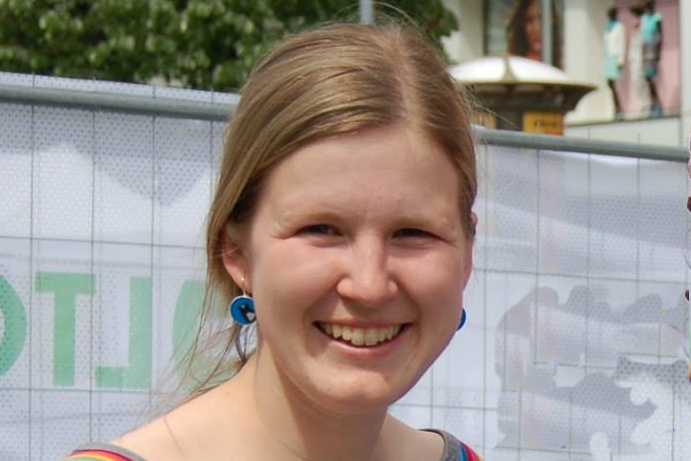
prof. RNDr. Karol Marhold, DrSc.
Group Leader
I am interested in various aspects of evolution of vascular plants, particularly in evolution of polyploid complexes, focusing on the families Brassicaceae and Asteraceae. Wide spectrum of methodical approaches include molecular systematics, flow cytometry, karyology, multivariate morphometrics, and last, but not least, plant nomenclature.

RNDr. Stanislav Španiel, PhD.
Researcher
I am interested in evolutionary processes responsible for speciation of wild vascular plants. Most of my studies involve taxa of the Brassicaceae family, particularly species complexes of the genera Alyssum and Odontarrhena with centre of diversity in the (Sub-)Mediterranean. Spatiotemporal complexity of this region combined with wide range of environmental requirements of selected model taxa allow me to study taxonomic consequences of crucial speciation phenomena such as allopatric and ecological divergence, hybridization and polyploidization. Besides collecting field data and samples I use methods of karyology, flow cytometry, molecular systematics and multivariate morphometrics.

RNDr. Filip Kolář, PhD.
Researcher
I am generally interested in evolution of vascular plant diversity in nature. By leveraging cytometrical, genetic, genomic and ecological tools in a synthetic way, my research focuses on evolutionary consequences of recent whole genome duplication (polyploidy) in natural populations. I also study adaptive response of plants to stressful environments such as specific edaphic (serpentine) and high-elevation habitats.
– consequences of genome duplication in natural populations (Arabidopsis, Tripleurospermum, Knautia, Galium)
– parallel adaptation to alpine environments (Arabidopsis)
– ecology and evolution of serpentine flora (Arabidopsis, Knautia, Galium)
– species radiation in tropical high Andes (Senecio, Loricaria)
– floristics (South Bohemia)

Dr. Roswitha Schmickl
Researcher
My research interest is why (not) and how diversity originates, establishes and keeps maintained in natural populations and across plant groups. I am fascinated by whole genome duplication, hybridization and cytogenomic processes as potential drivers of diversity. The main model groups of my research are southern African Oxalis and the genus Arabidopsis. I am furthermore interested in Hyb-Seq as a phylogenomic method that can potentially reveal diversity in an unprecedented resolution.

RNDr. Gabriela Šrámková, PhD.
PostDoc
My previous study included detection of phylogeographic patterns in different Brassicaceae taxa, using various molecular markers and morphological and ecological characteristics of the lineages as well. This topic of interest is a stepping stone to study the role of hybridization based on accumulated knowledge of plants from the native environment. Besides the evolutionary background of this phenomenon, I am generally focused on wet-lab procedures and production of NGS data for our studies using modern methods (Radseq, target enrichment, genome resequencing).

RNDr. Lenka Macková, PhD.
PostDoc
My research is focused on microevolutionary processes in family Rosaceae with special emphasis on the role of polyploidization, hybridization and apomixis. My model groups are genus Prunus and genus Cotoneaster. In genus Prunus, I am focused on crop-to-wild hybridization of wild Prunus fruticosa with cultivated sweet and sour cherries and its impact to plant conservation. In genus Cotoneaster, I am interested in cytotype distribution and variation in reproductive pathway and its contribution to Western Carpathian Cotoneaster taxa delimitation. Especially my research includes Cotoneaster integerrimus agg. and Cotoneaster tomentosus.In this team, I’m employed as a part-time technician responsible for flow cytometry and morphometrics including analysis of obtained data.

Mgr. Jakub Hojka
PhD student
I’m a Ph.D. student (supervisor Roswitha Schmickl, consultant Karol Marhold) interested in evolutionary patterns and processes related to polyploidy and introgression. My research focuses on the origin of polyploids (of southern African Oxalis), polytopic polyploid origins (of Arabidopsis lyrata) and diversification across hybrid zones (mainly a hybrid zone between Arabidopsis arenosa and A. lyrata in the eastern Austrian Forealps). Methodologically I combine extensive field sampling, flow cytometric ploidy estimation and genome size analysis, morphometrics, and genotyping using RADseq and genome sequencing.

Mgr. Paolo Bartolič
PhD student
I’m a PhD student interested in evolutionary biology and biosystematics of plants. The main questions of my project are focusing on the relationships between the subspecies of the Cardamine amara complex, specifically on the genomic and ecological patterns connected to the speciation of the diploid high mountain subspecies from mountain ranges in Europe (Alps, Carpathians, Pyrenees, Balkan), and the interploidy gene flow in the Central European contact zone between diploid and tetraploid subspecies of C. amara. To answer those questions, I will combine different molecular approaches such as cytometry and analysis of high-throughput sequencing data (RADseq, genome resequencing), complemented by crossing experiments.
